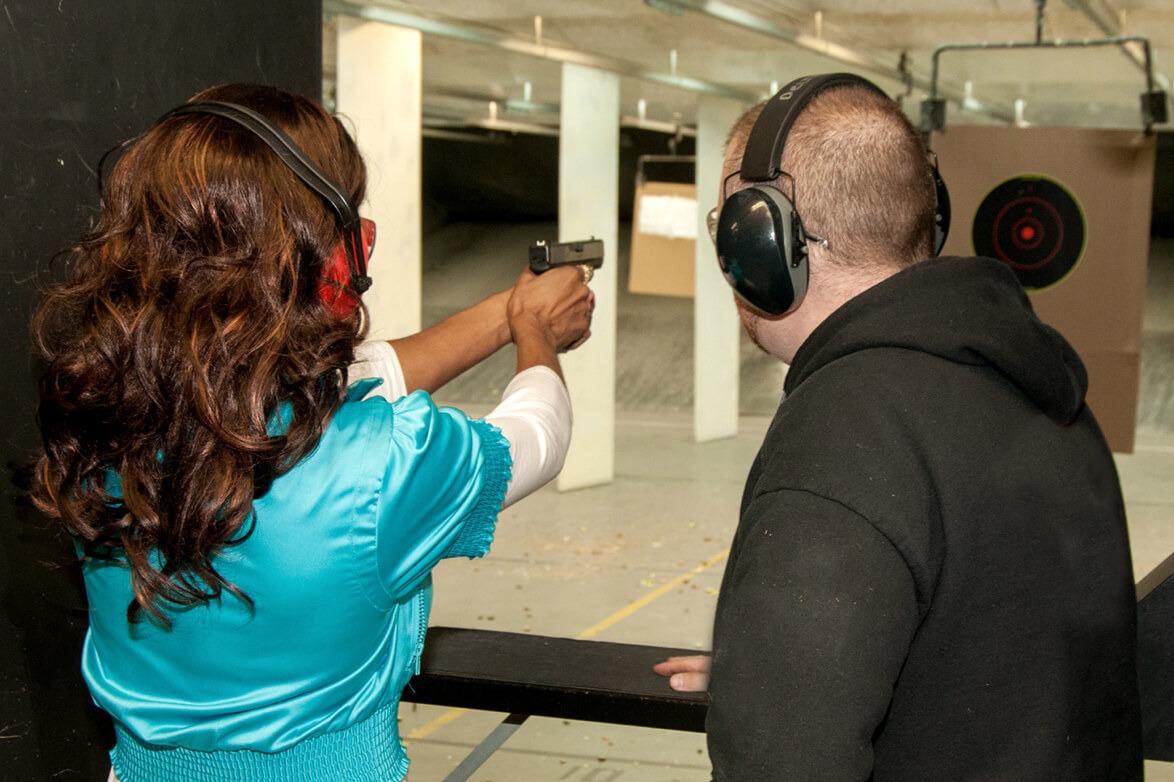 Back to News
Back to News
September 27, 2022
Poll in Gun Control Friendly-D.C. Doesn’t Go Gun Control’s Way
The recent news about major credit card companies tracking purchases at firearm retailers is ruffling feathers. That is, with everyone except the nation’s largest gun control groups and supporters.
The International Organization for Standardization (ISO) announced late last month it created a firearm-specific Merchant Category Code (MCC) and it’s gone over like a lead balloon. In the nation’s Capitol, a news station tried to gauge support for the code. What should’ve been a slam dunk in one of the country’s strictest gun control cities, the exact opposite happened.
Gun Control Praise
News outlets all covered the new MCC for firearm-related purchases. The Washington Post reported, “Visa, Mastercard, AmEx to start categorizing gun shop sales,” asserting the nation’s major credit card companies all agreed to implement the new tracking code. Gun control advocates praised the news.
“Today’s announcement is a critical first step towards giving banks and credit card companies the tools they need to recognize dangerous firearm purchasing trends,” John Feinblatt, president of Everytown for Gun Safety, said. “But this is only the first step.”
Moms Demand Action’s Shannon Watts praised the announcement too. “These new merchant codes will help banks and financial institutions track suspicious and potentially illegal gun purchases.”
New York’s Democratic Attorney General Letitia James added, “Today’s decision requiring credit cards to categorize gun sales is a big victory.”
One of the biggest cheerleaders for the new tracking code is Priscilla Sims Brown, president and CEO of New York-based Amalgamated Bank, the gun control advocacy bank that applied for the new code from ISO. “We won,” Sims Brown stated.
Survey Says?
Law-abiding Americans see it as nothing more than overreach, even though gun control schemers are praising the code. There has been no definition by the code’s backers as to what “suspicious activity” means. No word on what the financial institutions will do with the information and what stores will specifically be coded. Americans see the ruse.
In Washington, D.C., FOX 5 News polled their audience on the new MCC. They asked, “Do you think credit card companies should track gun sales?” In a city that has some of the country’s most strict gun control laws, and whose citizens overwhelmingly vote for gun control-supportive politicians, the response was resoundingly clear.
All told, 75 percent of respondents voted “No.” That’s crystal clear. Americans understand the code isn’t about safety at all. It’s about tracking them.
Credit Card Companies Pushed
The MCC announcement came at a pertinent time. The CEOs of major banks were grilled by lawmakers last week in Washington, D.C., over the issue. Bank CEOs from Wells Fargo, Bank of America, JPMorgan Chase, Citigroup, Truist Financial Corporation, U.S. Bancorp and PNC Financial all faced questions, mostly dodged on answers and didn’t deny the banks’ consideration of implementing the code, while not outright dismissing the practice.
Citigroup CEO Jane Fraser provided only a vanilla acknowledgement while not saying the bank would reject using the code. “We respect the Second Amendment, as I said, we do not intend to use the code to restrict or limit any purchases or firearm sales by our credit card customers.”
JPMorgan Chase CEO Jamie Dimon was similarly coy.
“We actually don’t know what they use it for, and we don’t want to be in the business of telling American citizens what they can do with their money. We understand your concerns over the issue,” he told members of the Senate Banking Committee.
In a letter responding to U.S. Sen. Elizabeth Warren (D-Mass.) and several senators supportive of the new tracking code, American Express Executive Vice President Brett Loper wrote, “We require merchants who accept American Express cards to adhere to all applicable laws. Our policy has been, and will remain, that our customers are able to make legal firearm purchases using our Cards.”
The announcement of the new tracking code for sales at federally-licensed firearm retailers has given the country’s largest banks just enough wiggle room to avoid being specific. In most cases, they acknowledge the code was created and state they won’t use it to deny law-abiding Americans the ability to buy lawful firearms, or that those Americans would be flagged by authorities for “suspicious activity.” Their answers are far from clear.
What is clear is that Americans do not support the tracking code. Even in a gun-control city like Washington, D.C.
You may also be interested in:
Categories: Featured, Government Relations, Top Stories









